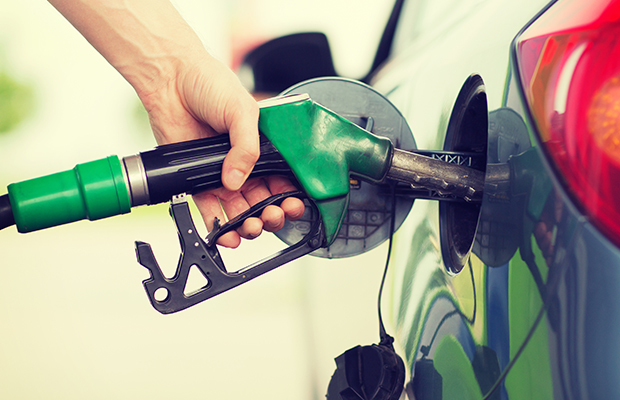Melbourne petrol prices: The Saudi oil attacks aren’t to blame for price discrepancies

The drone attack on major Saudi oil facilities at the weekend has sparked fears petrol prices will spike.
Saudi Arabia produces five per cent of global oil and the attack temporarily disrupted global oil supplies.f the country’s usual output.
Immediately after the attacks, oil production was down by an estimated five million barrels a day, almost half of the country’s usual output.
In response to the reduced production, global oil prices rose 20 per cent on Monday morning before dropping in the afternoon to end the trading day up by 10 per cent.
But Mark McKenzie, CEO of the Australasian Convenience and Petroleum Marketers Association, said the current discrepancies between petrol prices across Melbourne aren’t due to the attacks.
“If you’ve got a retailer telling you that their prices have gone up because of the Saudi oil crisis then they’re doing so under false pretences,” he told 3AW’s Neil Mitchell.
“Typically, what happens when you get a movement in oil and fuel prices is it takes about two to three weeks for it to flow through to the market.”
Mr McKenzie said Saudi state-owned oil company, Aramco, got supplies back online quickly enough to stop a major fuel price hike.
“We’re talking about short term volatility,” he said.
“I’m not expecting a major upward trend in the short or medium term.”
Mr McKenzie said current petrol price discrepancies are part of the normal pricing cycle, with retailers competing by discounting their prices.
“I know it’s something that irks everybody but it’s a discounting cycle that operates, typically, over four to six weeks.
“Typically, the price rises over a seven to 11 day period.
“We’re in day four of the 11 day changing cycle.”
Press PLAY below for more.















